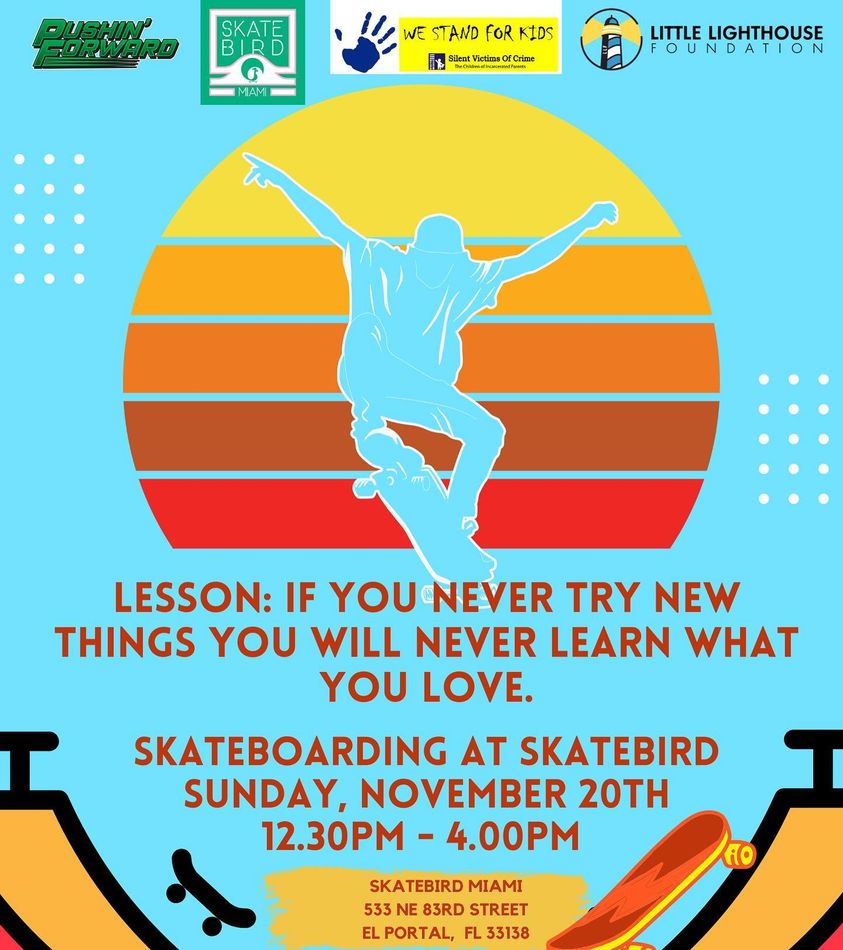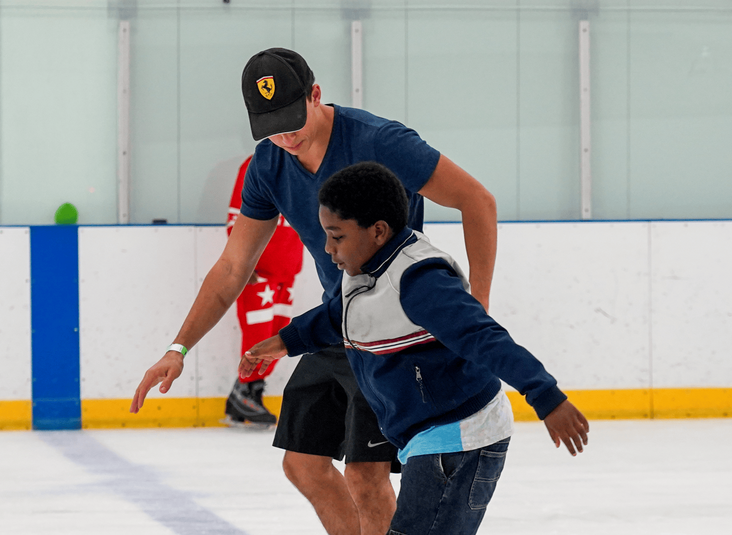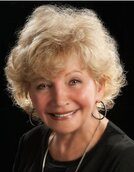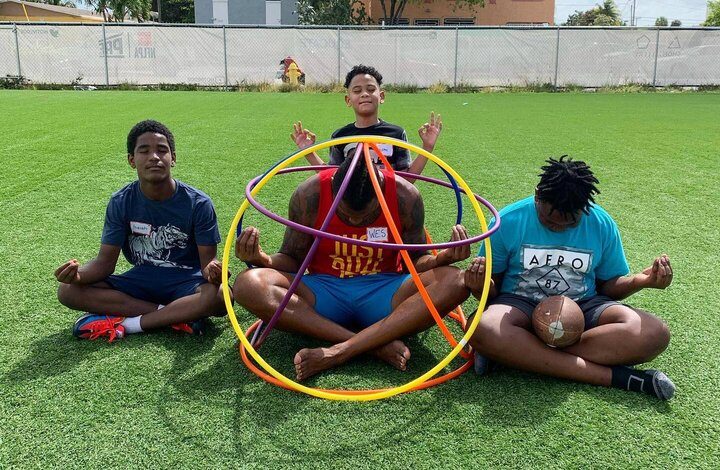A child of an inmate is six to seven times more likely to go to prison in their lifetime than other children. Preventing this has been goal of Silent Victims of Crime for more than 20 years. Fresco y Más has supported this organization through its Community Bag Program.
Tell us about Silent Victims of Crime.
Silent Victims of Crime, also known as We Stand for Kids, started very informally in the 1980s when I would take children to visit their parents in prison. It all began because I used to work with the US Attorney’s Office in the Eastern District of New York. I would meet with prisoners who had children and ask them, “Where are your kids now?” They would reply, “I don’t know.” That is when I began investigating and advocating for these children. The first actual program ran in 1996 at Dwight Corrections in Illinois, followed by South Carolina and Florida.
When this whole thing started in the 1980s and ‘90s, there was no internet to research or find children’s names or where they were after their parents were incarcerated. I had to physically go to the Library of Congress to find out if anything was written about prisoners’ children. I kept writing to Congress, and finally, around 2000, information started to show up. About 2004, I could find information on the internet stating this was an issue. Now there’s a new law for federal prisons that says every federal prison in the United States needs a children’s visitation program.
Our organization became a 501(c)(3) nonprofit in 2002. We currently have programs in South Carolina and Florida to empower children with incarcerated parents. We’ve gone through several name changes through the years, starting with Kids Count. After that, our name became We Stand for Kids. When we moved to Florida, the organization decided to take the name Silent Victims of Crime. Today we still go by We Stand for Kids and Silent Victims of Crime as lifetime programs.
Our mission is to work to keep children out of prison and to get them through higher education and on to careers. Assisting children of inmates by enhancing their ability to improve their economic, educational and personal stability and addressing behavioral, social and mental issues is our focus. The purpose is to help these children to deal with life challenges in a positive, proactive manner that empowers them to make wise choices and contribute positively to society.
The purpose is to help these children to deal with life challenges in a positive, proactive manner that empowers them to make wise choices and contribute positively to society.
What services do you provide?
Silent Victims of Crime serves children of inmates, their caregivers and parents returning from prison by fostering healthy, more stable, family-oriented relationships and community bonds. Our organization provides various leadership, art and therapy programs offering positive, impactful experiences to this vulnerable population.
Currently, we serve 153 children in our program between South Carolina and Florida and provide 48 programs annually. We have 13 staff and over 200 volunteers. Many of our programs are taught by dedicated volunteers and include subjects like meditation, football, soccer and great healthy cooking classes. Each of these programs has some of the most wonderfully devoted volunteers who stay on long-term.

What sets you apart from other nonprofits in your community?
As far as I know, Silent Victims of Crime is the only nonprofit in the country that works with prisoners, caregivers and children in the federal court system and federal prisons.
CARE Court is a federal release program we have partnered with for the last four years. This program helps participating inmates get an early release or eliminates probation. We are the intermediary that unites parents with their children through our bi-monthly programs.
In almost 27 years of doing this work, we do not have a history of our children going to prison. If a child was taken into the program and stayed in it all through adolescence, they went on to graduate from high school and possibly college and have careers and families. They give back to society.
Please tell us a story that illustrates your organization’s good work.
I want to share the story of the first families to ever participate in our program. One child had a mother in prison, and the other had a father incarcerated. This was in 2002, and these two children have stayed in the program for 20 years.
When the mother got out of prison, she went back to school, and when the other child’s father got out, he went back to work. These children stayed in the program because we believe in lasting, lifelong connections and guidance. The children are now grown with successful careers, and even though they are adults, they can call on us if they ever need assistance. This is what we call the “lifetime membership.”
We are so proud of the impact and connections that we make. Now the next generation of these original children participates in our programs, making two generations not in prison. We cannot call this part of the program Silent Victims of Crime; this is where We Stand for Kids comes in.
What is your most outstanding achievement or contribution to the community?
They say that every prisoner’s child has a high potential of being incarcerated as well. A child of an inmate is six to seven times more likely to go to prison in their lifetime than other children. Preventing this in our community has been our goal.
We are so proud of the success of children in our program. Thirty-eight of our original participants have gone on to college or technical careers. They are living their lives and achieving their goals. This is amazing because most of these kids came to us at the age of five, and to be able to guide them through to adult lives that they can be proud of is one of our most outstanding achievements.
Through these successes, we can now grow our team and take in children who have been waiting due to capacity issues. Approximately 15,000 children in Miami-Dade alone, and 2.5 million in the United States, have incarcerated parents, making around 3 million children statistically more likely to end up in prison at some point. Silent Victims of Crime’s growth is vital for these children’s lives.
A child of an inmate is six to seven times more likely to go to prison in their lifetime than other children. Preventing this in our community has been our goal.
What do you want people to know about Silent Victims of Crime?
People must understand the necessity of time when it comes to success and making a difference, especially regarding nonprofits. Any program that someone wants to start, especially a nonprofit, takes time to see the results. Having the patience, devotion and determination to go on is critical. How do you become an expert on something if you do not put in the time and energy to learn all about it?
Adapting to the changing times and connecting with the community is also essential. For example, during Covid, we couldn’t see the children or the parents. The prisons were shut down to visitors, and we couldn’t do any of our programs in person. To reach our kids, we bought computers, put them in every household and started weekly Zoom programs with the kids. Materials, recipes and costumes were sent to every home with the help of a limousine company we hired. Then, we would get on Zoom and conduct all our programs with the children. Deliveries also contained food to feed every family each week. That’s how you grow, survive and adapt.

How will you use the funds raised from the Community Bag program?
Twice a month, we have a party to celebrate all the children who have birthdays during that time. The money earned in the Community Bag Program goes to purchasing desserts for all the children during each birthday party.
We also use these funds to purchase healthy snacks and water bottles for the children. Cupcakes are great for parties, but providing healthy snacks and water is essential to us.
Is there anything you would like to add?
Silent Victims of Crime has a devoted staff that cares so much about what they do for these children. Our full-time staff is about 10 to 12 people, covering all of South Carolina and Florida, which can stretch our bandwidth to the max.
We are so grateful for all donations because they allow us to take on staff and more children waiting to be a part of our programs. Funds or in-kind volunteer time are welcome contributions. If individuals are interested in what we do, please call us at (305) 482-3339.

Paulette Pfeiffer “Tinkerbell” is Founder and Executive Director of Silent Victims of Crime. Ms. Pfeiffer’s philanthropic work includes The Chicago Anti-Hunger, Junior Leadership, the Salvation Army Boys and Girls Club, We Stand for Kids, and Silent Victims of Crime. All are programs for children who have a parent in prison.

